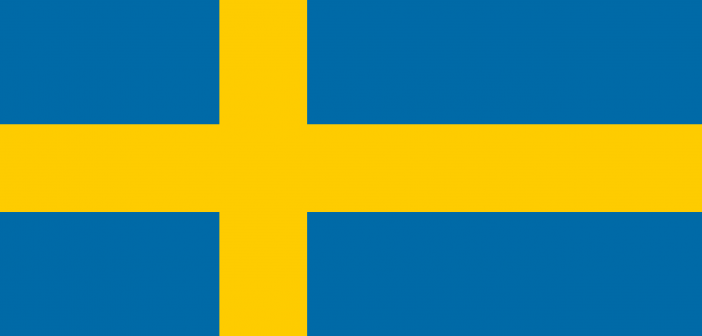Sweden’s Social Democrat minority government has taken the formal decision to apply for NATO membership on Monday, following in the footsteps of its neighbor Finland in a move that will redraw the geopolitical map of northern Europe.
“There is a broad majority in Sweden’s parliament for joining NATO,” Swedish Prime Minister Magdalena Andersson said following a debate on security policy in parliament. “The best thing for Sweden and the Swedish population is to join NATO.”
The historic shift, which comes after more than 200 years of military nonalignment in the Nordic country, is likely to upset the government of Russian President Vladimir Putin.
Russia’s invasion of Ukraine, which it calls a “special operation,” has highlighted Sweden and Finland’s vulnerabilities despite their close cooperation with NATO in recent years.
“We will inform NATO that we want to become a member of the alliance,” Andersson said.
The announcement came after a debate in the Riksdagen, Sweden’s parliament, earlier Monday showed that there is huge support for joining NATO. Out of Sweden’s eight parties, only two smaller left-leaning parties opposed it.
On Sunday, the Swedish Social Democrats broke with the party’s long-standing position that Sweden must remain nonaligned, paving the way for a clear majority for NATO membership in the parliament.
The move in Sweden came after neighboring Finland announced Sunday that it too would seek to join the 30-country alliance. Public opinion in both countries was firmly against joining NATO before the Russian invasion of Ukraine on Feb. 24, but support for NATO membership surged quickly after that.
Putin said Monday that Moscow “does not have a problem” with Sweden or Finland if they apply for NATO membership, but that “the expansion of military infrastructure onto this territory will of course give rise to our reaction in response.”
Andersson said Sweden would refuse nuclear weapons or permanent NATO bases on its soil – similar conditions as neighboring Norway and Denmark insisted on when the alliance was formed after World War II.
Though NATO officials have expressed hopes for a quick ratification process, all 30 current NATO members must agree to let Finland and Sweden in the door. Turkey voiced some objections last week, accusing the two countries of supporting terrorist organizations, including the PKK and its Syrian wing, the YPG, as well as the Gülenist Terror Group (FETÖ).
Swedish Defense Minister Peter Hultqvist told public broadcaster SVT that a Swedish delegation would be sent to Ankara to discuss the issue. ♦




